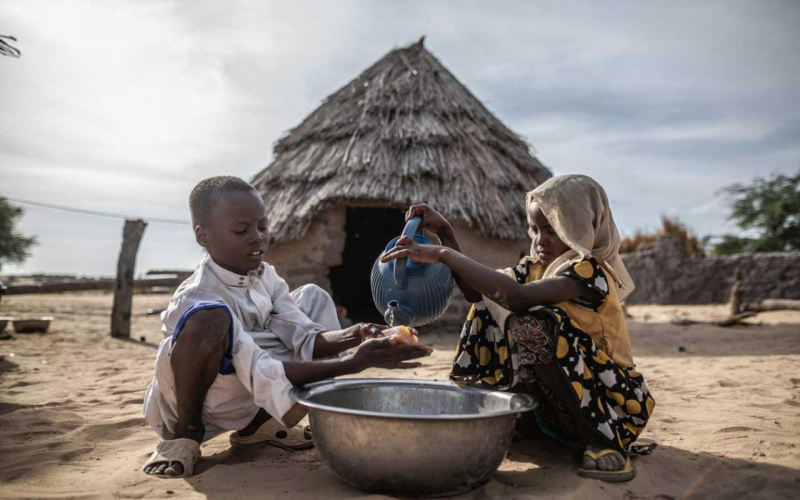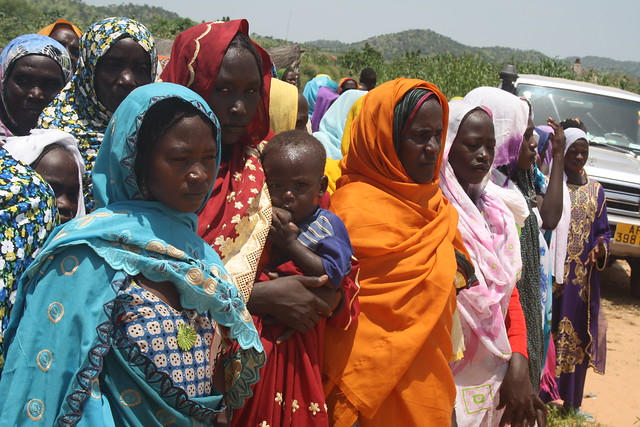Rich country and poor people
The Republic of Chad is one of the poorest countries in the world, not only in Africa. Since its independence, the country has endured a number of political upheavals. Currently, the country is fighting terrorism linked to ISIS and al Qaeda with the assistance of French troops. The health and education systems are deplorable. These are the consequences of poor management, corruption, and governance. The country, on the other hand, is endowed with natural resources such as gold, oil, and uranium. Because of the country's inadequate economic environment and infrastructure, potential investors have shied away. Is it safe to travel to Chad? This is a typical question among investors. Nobody wants to invest in an insecure country.
Uneven inclusion in the global political economy as a site for colonial resource extraction (primarily cotton and crude oil), a global economic system that does not promote or encourage Chadian industrialization, and a failure to support local agricultural production has resulted in daily uncertainty and hunger for the majority of Chadians. Subsistence farming and livestock keeping provide a living for more than 80% of Chad's people. The local climate influences the crops farmed and the location of herds. The nation's most fertile agriculture, with high yields of sorghum and millet, is located in the southernmost 10% of the territory. Only hardier millet cultivars grow in the Sahel, with substantially lower yields than in the south.
The Sahel, on the other hand, offers suitable pastureland for vast herds of commercial cattle, as well as goats, sheep, donkeys, and horses. Only dates and legumes grow in the isolated oases of the Sahara. Chad's cities confront major municipal infrastructure challenges; only 48% of urban populations have access to drinkable water, and only 2% have access to basic sanitation.












